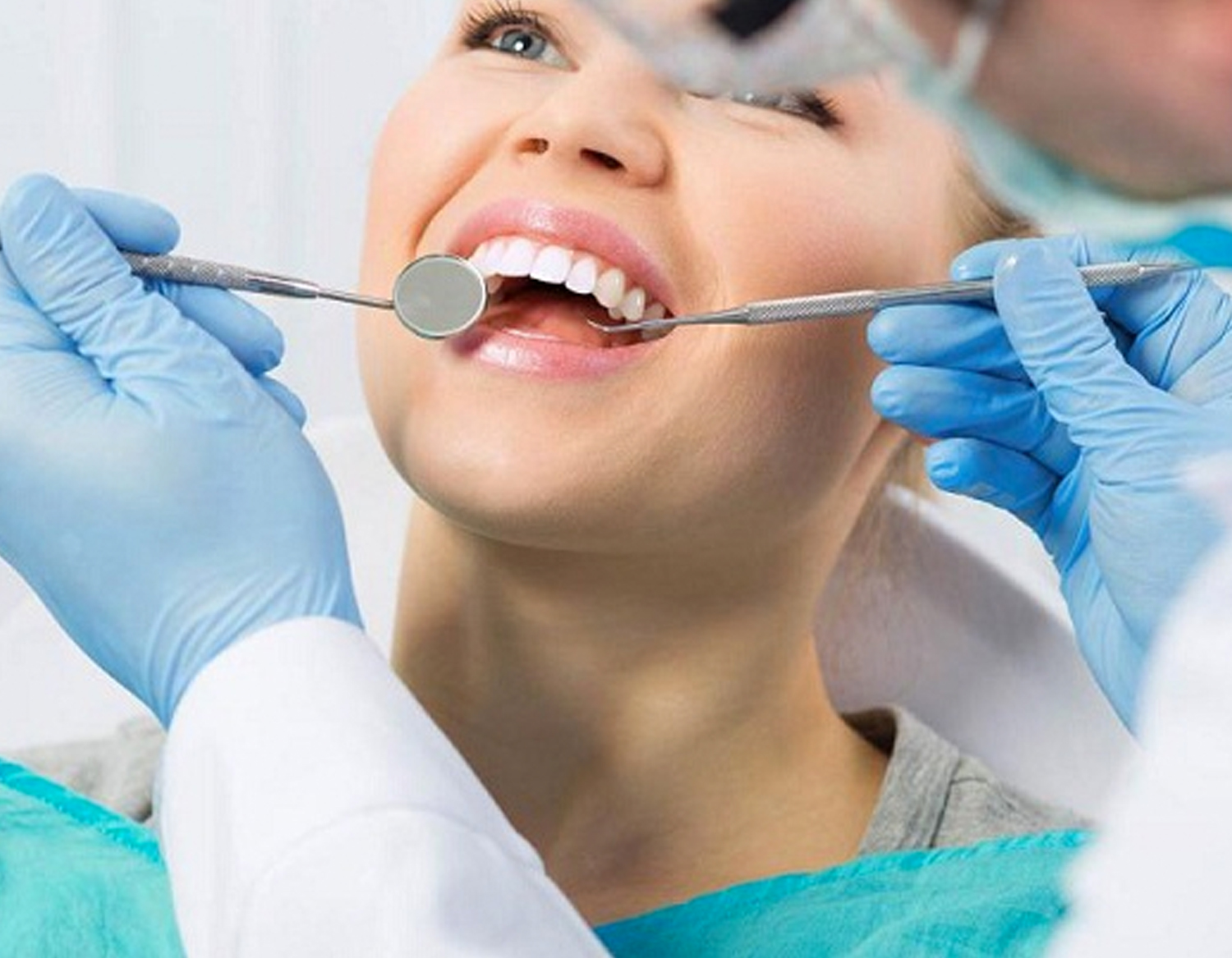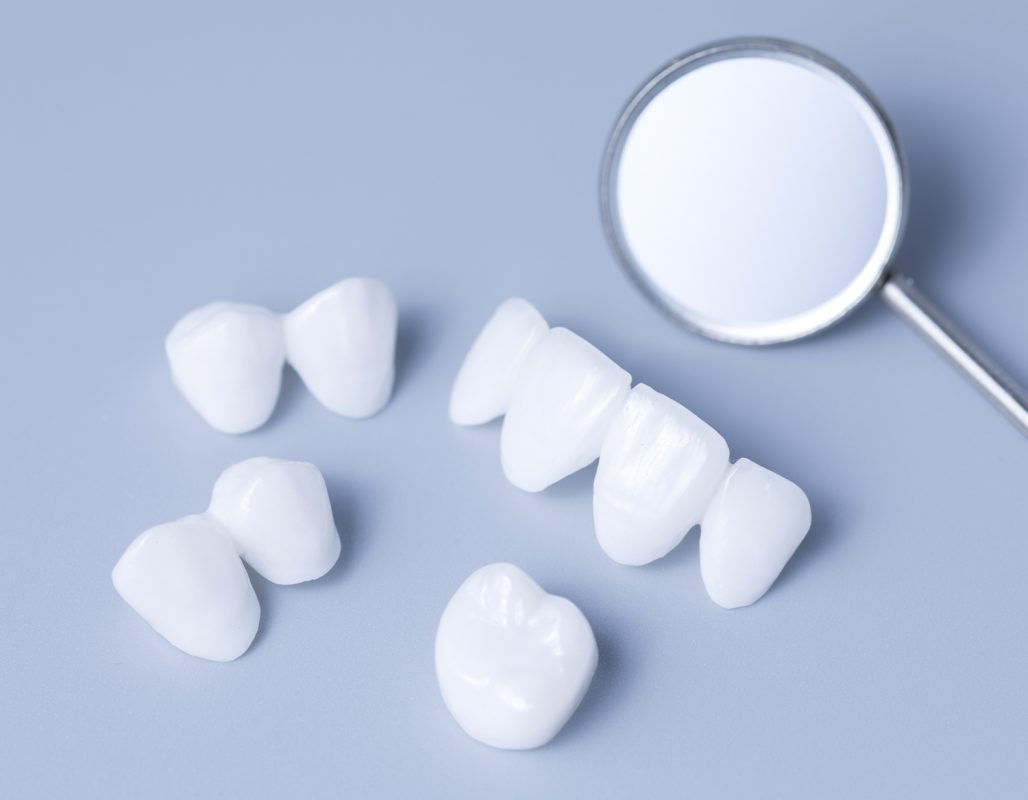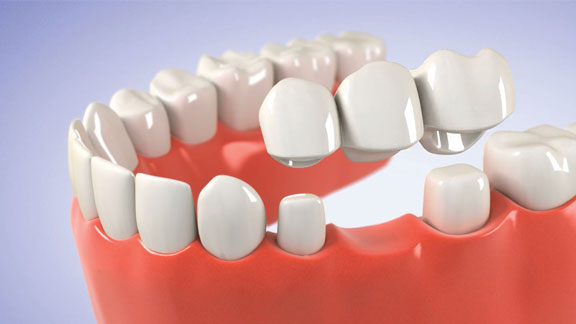In general, the recovery period from a crown procedure usually lasts for several days. Thanks to the crown, the newly restored tooth can restore the appearance of the tooth, restore function as well as protect the tooth decay. However, porcelain crowns require some care to help your crown last as long as possible. Find out with Ava Dental Clinic the tips for dental crown aftercare.
How long do crowns last?
In the modern dental age, assembled crowns can last for many years, with an average of about a decade. However, if you take care of them properly, maybe by brushing and flossing, you can have a crown that can last up to 25 years or even a lifetime.
Many people only use crowns for 10 years because they skip the steps to take care of the crown that the dentist recommends. Neglect can lead to crown destruction or tooth damage due to bacterial acids or even periodontal disease that loosens many teeth.
Teeth at the place of the crown can still be decayed
In fact, not many people know that real teeth after crowns can still be damaged if not taken care of carefully. They are overly dependent on the protection or coverage the crown provides for their decayed tooth. This is the result of not brushing, flossing, or using mouthwash regularly which causes tooth decay.
Impact of force, and injury makes the crown loosen
The crown can come loose if you try to use tooth force to tear something, bite something too hard with strong bite force, or be hit hard in the face by an unintentional punch/impact (car accident, falling,…).
Wear and tear of crown
The crown will still be damaged by the force of your mouth’s bite, the invasion of bacterial acids, and the saliva is not produced to fight bacteria like the enamel of actual teeth, even after 15-25 years of careful maintenance. It is known that enamel from teeth practically lasts a lifetime and affects the care of your body, specifically the nerves and blood vessels that supply it with nutrients and calcium while the crown has no such renewable resource.
Ways of dental crown aftercare
Dental crowns are commonly used to help correct some cosmetic defects as well as add strength to teeth damaged by decay or trauma. One of the biggest benefits of crowns is their durability if cared for properly. With the possible risks to crowns mentioned above, you should follow your dentist’s instructions below to always have perfect dental crown aftercare.

Tip for dental crown aftercare 1: Maintain good oral habits
A crown is usually made from ceramic or metal so it’s less likely to be yellow than teeth. However, although a crown has the same strength and durability as a natural tooth, crowns can still be damaged if not cared for properly.
Patients need to pay attention to the hygiene around the crown as well as the natural root to avoid more gum disease or tooth decay. Beneath the protective layer of the crown, the underlying supporting natural tooth still needs regular care to stay healthy. Even though the crown spans the entire surface of the tooth, you’ll still need to brush it carefully to remove any cling film and keep it looking its best. Using fluoride toothpaste at least twice a day is a simple and effective method.
Alternatively, patients can use floss with a hard tip or use an interdental cleaner to remove germs and food particles that may still be trapped between their crown and gum or adjacent teeth.
Tip for dental crown aftercare 2: Don’t chew while your mouth is still numb
After the dental crown, the anesthetic has not worn off, the patient may not feel any sensation in the tongue, gums or teeth. If you eat/chew right away, you may bite or injure your gums and the newly treated tooth. For this reason, you should avoid eating immediately after the procedure, instead, you can eat normally after the anesthetic wears off.
Tip for dental crown aftercare 3: Eat liquid foods
After performing a dental crown, you should choose liquid foods until at least 30 minutes after the crown is placed instead of too thick because this is the period of time the dental cement layer that binds the crown to the natural teeth needs time to harden, ensuring the joint is sure. If chewing pressure is applied to the crown shortly after it is placed, the crown will move into an undesirable or uncomfortable position and may even become loose.
Tip for dental crown aftercare 4: Avoid hard, crunchy, and sticky foods
The longer the dental cement is left, the stronger the bond between the crown and the tooth. Give the dental cement extra time to cure by avoiding hard and sticky foods for a few days. Eat soft foods that give your gums rest and time to heal. Avoid hard and crunchy foods such as candy, cakes, nuts, popcorn, etc., as these can crack, break or pop the crown out of place. That means you need to replace the crown earlier than usual. In addition, sticky or very chewy foods can loosen your crown or cause sticky pieces to get stuck between your crown and your gums. It’s best to avoid these foods when possible.
Tip for dental crown aftercare 5: Keep the crown from staining
To maintain the white color of the crown, you should limit eating/drinking foods that stain teeth because it is really difficult to remove stains from dental restorations such as crowns, veneers, and dental bonding. And coffee, black tea, wine, and tobacco are the main factors that make the crown stained.
Although the durable porcelain used to make your crowns is designed to resist staining, that resistance cannot be whitened like your natural teeth. Before a crown is fitted, you can have a professional whitening treatment to make sure the crown is a good fit for your teeth. Then, if you decide to whiten your teeth in the future, your crown will still fit and look good.
Tip for dental crown aftercare 6: Take care of your gums
Besides eating soft foods, you can take care of your gums by cleaning them with warm salt water. Salt is considered a very good natural antiseptic for dental crown aftercare. Gargling with salt water can do a few things:
– Remove any debris stuck between teeth to clean teeth and gums.
– Saltwater can help heal damage, and reduce inflammation and swelling caused by gum disease.
– Saltwater can also help open wounds heal faster because there is no obstruction of bacteria or external influences affecting the wound-healing process.
We recommend mixing about a teaspoon of sea salt in a cup of warm water. Then take a small sip of salt water in your mouth, and gargle for 15 to 30 seconds so that the salt water penetrates through each tooth and gum. When you’re done rinsing, spit out the brine.
Note, that rinsing with salt water does not mean swallowing it. Repeat washing 2 to 3 times a day. And avoid overusing salt water gargling because it can damage tooth enamel and lead to more problems.
Tip for dental crown aftercare 7: Good crown alignment to prevent wear and tear
During the time when the dental cement is completely set, you should be careful when flossing. After flossing, instead of lifting the floss out of between your teeth, gently slide it out between your teeth to avoid loosening the crown or causing it to loosen.
In case you notice that your newly installed crown is longer or shorter than the adjacent teeth, you should return to your dentist to have the crown restored. The placement of the crown in the wrong position, the crown is placed unstable, will make the bite bad, even leading to complications such as jaw pain, and damage to adjacent or opposing teeth.
Besides, your bite can also change over time, causing discomfort to the crown when chewing or talking. With this problem, you should visit your dentist to adjust the porcelain crown periodically to ensure the strength and durability of the crown.
And if for any other reason the crown becomes loose, the tooth will become infected and damaged. Schedule regular appointments with your dentist to check the integrity of your bite and crown.
Tip for dental crown aftercare 8: Use a night guard to avoid grinding and clenching habit
Grinding and clenching can be caused by habit or by stress, anxiety, or an abnormal bite. They not only cause headaches, facial pain, and sleep disruption, but also wear down your crown or break bones and crown material.
Therefore, dentists recommend using a night guard to ensure that your upper and lower teeth do not touch if you have a habit of grinding your teeth while sleeping.
Tip for dental crown aftercare 9: See the dentist regularly
Visiting your dentist for regular check-ups and cleanings (every six months) is what you should do to make sure the gums around the crown are healthy and keep the supporting teeth healthy as well as have a good dental crown aftercare instruction.
In addition, regular in-office visits allow your dentist to examine your crown, making sure it remains in the correct position and fitting properly so that it continues to last for many years. If the crown is found to be loose, it will be adjusted once the dentist has pinpointed the exact underlying cause of the problem.
We hope you can apply the above useful tips to always have good dental crown aftercare if you are a candidate for a dental crown. At Ava Dental Clinic, we use modern techniques and materials to give our patients beautiful and durable porcelain crowns. To schedule a dental appointment, fill out your personal information in the appointment online form or call the hotline:
Hotline: 0868.134.138 – 0346.134.138
>>>>> View more: Ava Dental Clinic Fanpage


